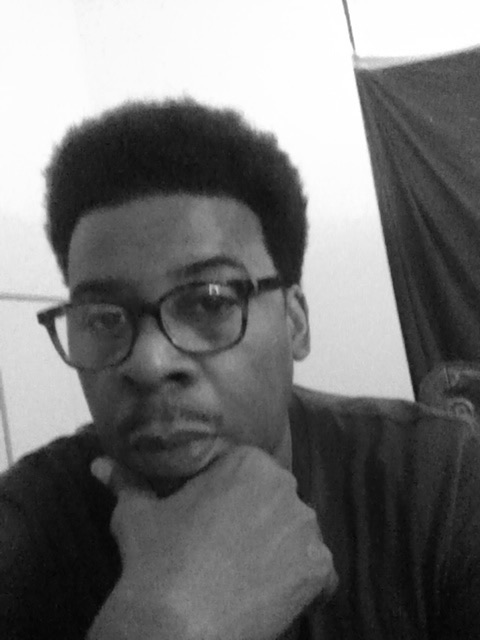Other studies also remove the steam from assertions by reverse race-hustlers that African-Americans demand special privileges, not equal opportunities. A 2001 survey on racial attitudes by the Washington Post/Kaiser Family Foundation/Harvard University for example, revealed that 86 percent of 323 black participants answered "no" to the following question: ''In order to give minorities more opportunity, do you believe race or ethnicity should be a factor when deciding who is hired, promoted, or admitted to college, or that hiring, promotions, and college admissions should be based strictly on merit and qualifications other than race or ethnicity?''
Other examples include:
A poll taken by Paul Sniderman and Thomas Piazza for their 2002 book, Black Pride and Black Prejudice, found that ninety percent of the 756 black participants opposed admitting a black applicant over a white applicant with SAT scores 25 points higher.
A January 2000 Zogby International poll of university students showed 52 percent of blacks rejecting the statement that ''schools should give minority students preference in the admissions process.''
A December 1997 Times/CBS News poll found 69 percent of all respondents, and 63 percent of blacks, choosing ''race should not be a factor'' when asked how ''equally qualified college applicants'' should be treated.
A 1991 Gallup Poll found 69 percent of blacks, rejecting the statement that ''to make up for past discrimination, women and members of minority groups should be given preferential treatment in getting jobs and places in college,'' and choosing instead the statement that ''ability, as determined by test scores, should be the main consideration.''
.
Assuming that racial polarization is any race-hustler's most valuable commodity, avoidance by Elder and other reverse race-hustlers of the findings of these and other polls with similar results is not surprising. After all, these results indicate a narrowing of the differences of opinion among whites and blacks on important racial matters and that is not the message one might presume reverse race-hustlers are inclined to promote.
"Here's what troubles me," writes Wilson Jeremiah Moses, a progressive and author of Creative Conflict in African-American Thought, "Our (African-American) experts ... seldom give credit to the greater numbers of blacks who try very, very hard to improve their lives intellectually and economically and to attend to their familial responsibilities. However hard they work to struggle against the odds and the social and economic walls, all of that is ignored to indicate that (African-Americans) have not caught up to artificial standards and norms because of some inadequacy, moral, intellectual, or otherwise. It's a centuries old tale-those who commerce in the pathologies of (African-Americans) always get the headlines."
A Shared Responsibility
Clearly, Moses' lament conveys the frustration felt by many black progressives over a position that appears unacceptable to reverse race-hustlers and their supporters: the idea that both whites as well as blacks need to accept their fair share of responsibility for some of the conditions found within the black community -- a position accepted by the two African-Americans who vividly come to mind when one thinks of race-hustling: Sharpton and Jackson.
However, unlike Jesse and Al, reverse race-hustlers summarily reject any argument that considers racism as playing any role whatsoever in the status of black Americans. Instead, Elder and other reverse race-hustlers embrace -- either on face value or through anecdotal "evidence" -- any premise that supports the view that blacks are simply inherently lazy, criminal minded, or any other of a host of ugly, shopworn stereotypes.
Such avoidance of fact may account for the level of raw contempt that conservative "personal responsibility" advocates exhibit toward another black leader who sharply criticizes excesses within the African-American community; who espouses black self-reliance; yet, like Jackson and Sharpton, is also considered one America's quintessential "race-hustlers" -- Nation of Islam Minister Louis Farrakhan.
Perhaps Farrakhan's critics quibble over the fact that though the outspoken Muslim minister exhorts blacks to adopt a positive self-image and to "do for self," his often-scathing criticism of the negative aspects of black culture is delivered in-house -- completely closed off to whites. His exclusion of whites from such events, combined with a litany of ill-made statements over the years and his steady condemnation of white racism, have created a compelling ipso facto argument that Farrakhan is a racist.
.
But with sole regard to Farrakhan's in-house criticism of black culture, it's an easy extrapolation: rather than being racist, a more reasonable view would be to compare that approach to that of a family which declines to publicly air its dirty linen.
Next Page 1 | 2 | 3 | 4 | 5 | 6 | 7 | 8
(Note: You can view every article as one long page if you sign up as an Advocate Member, or higher).





